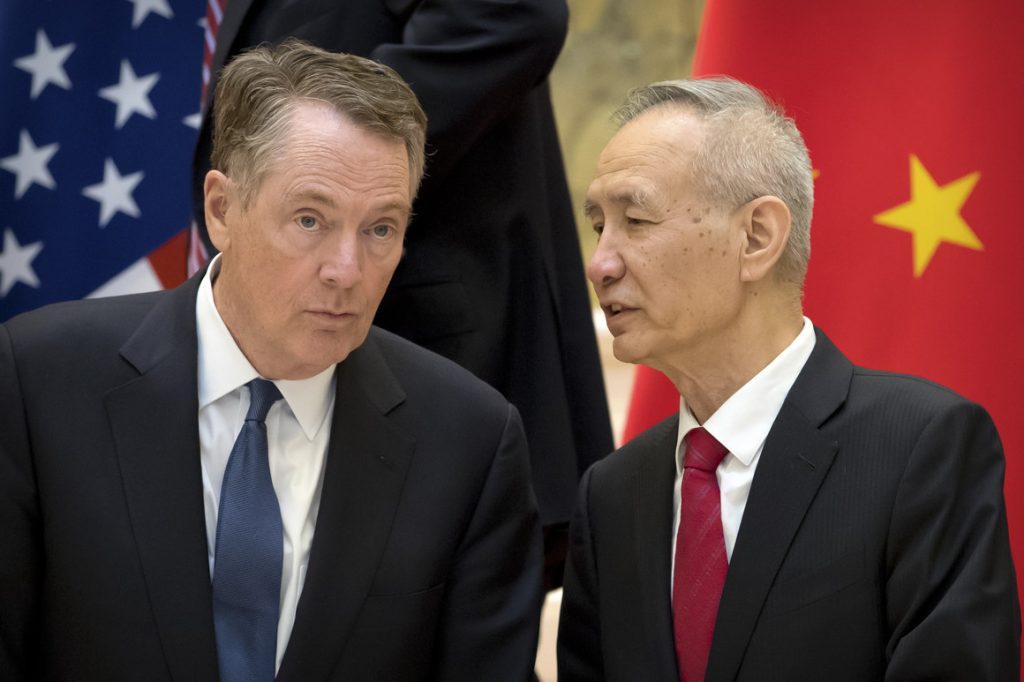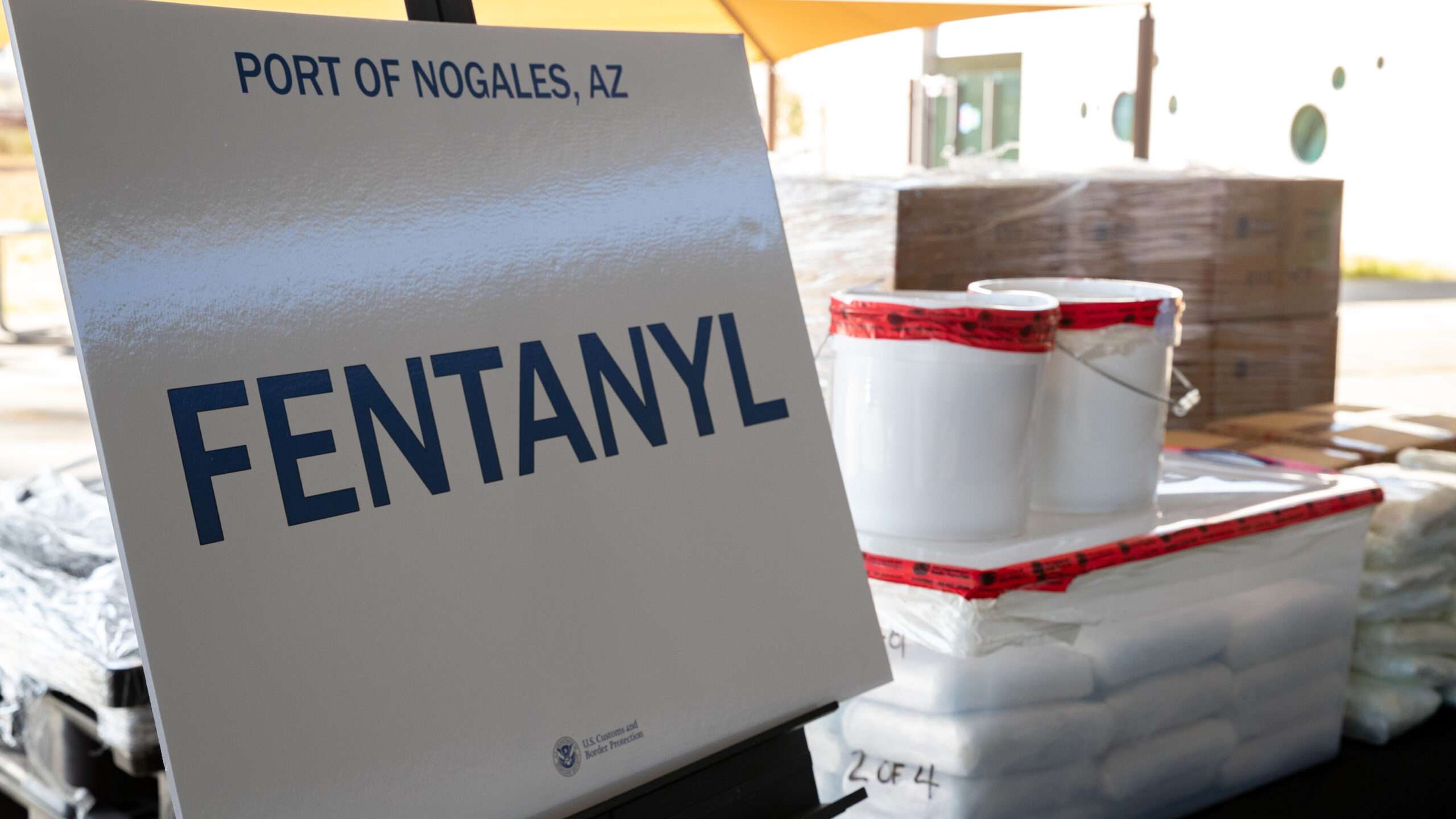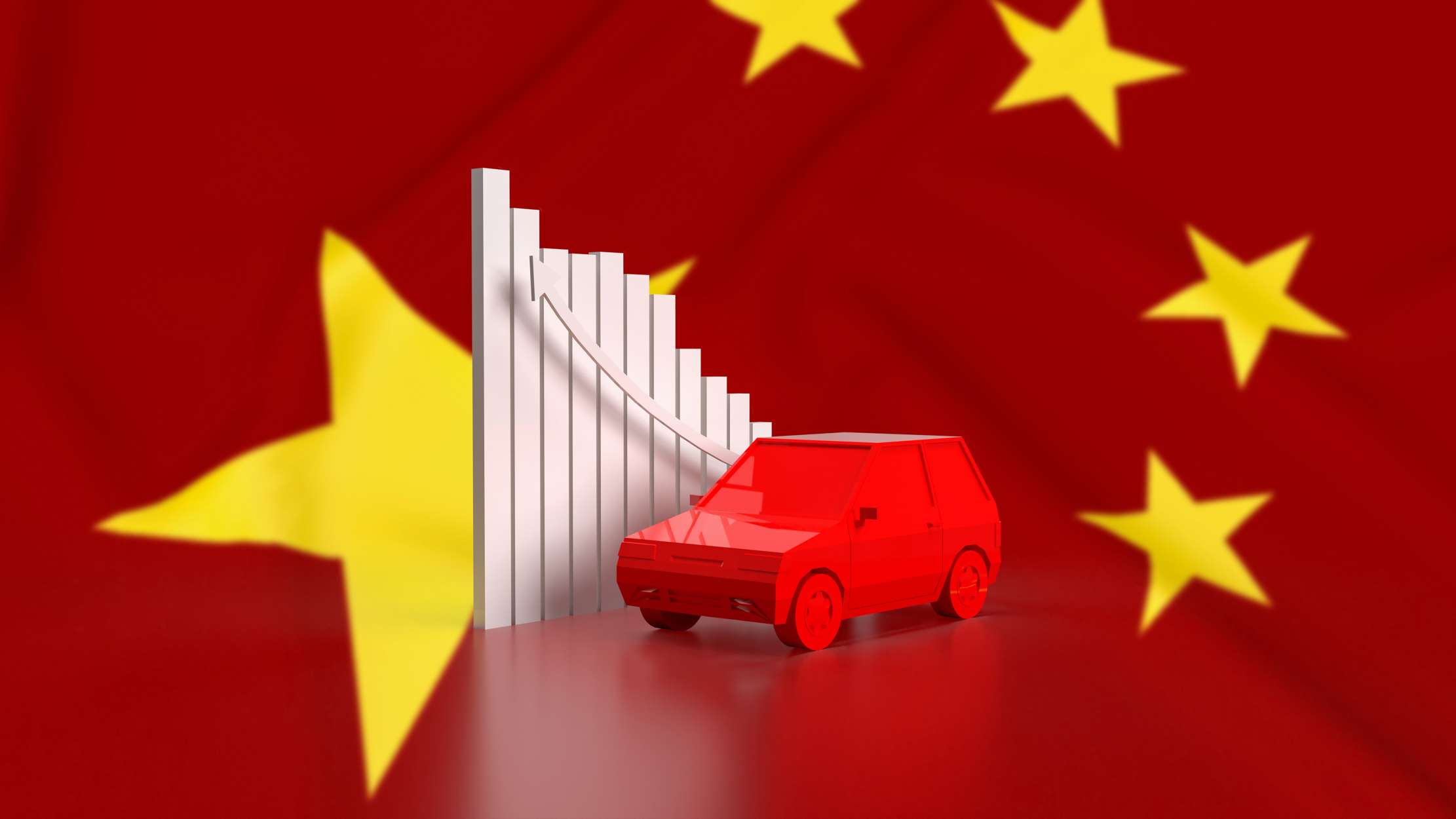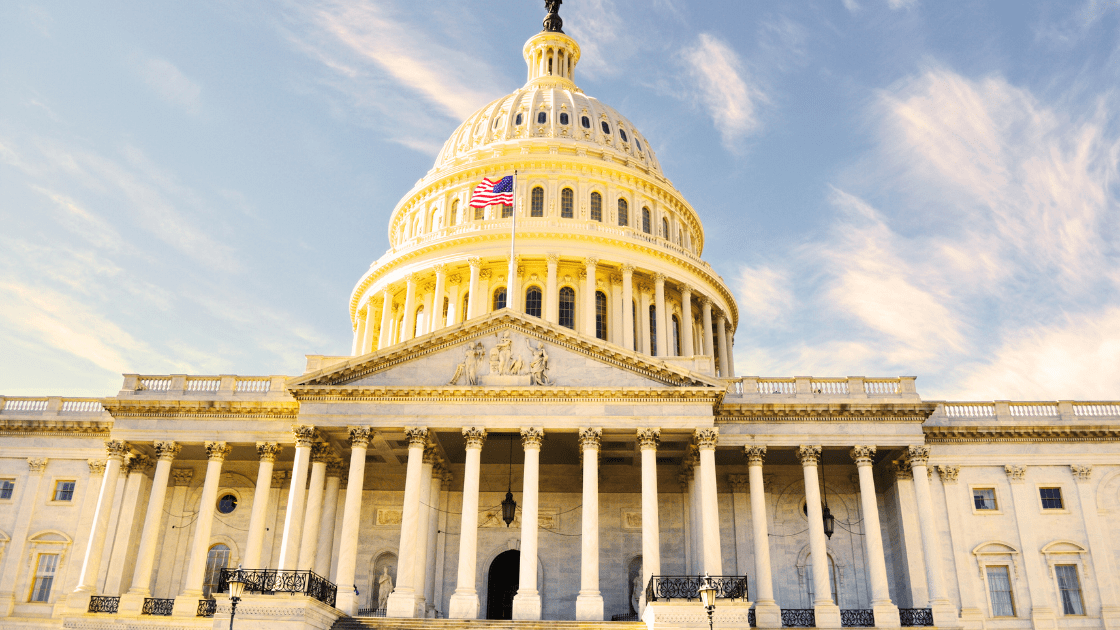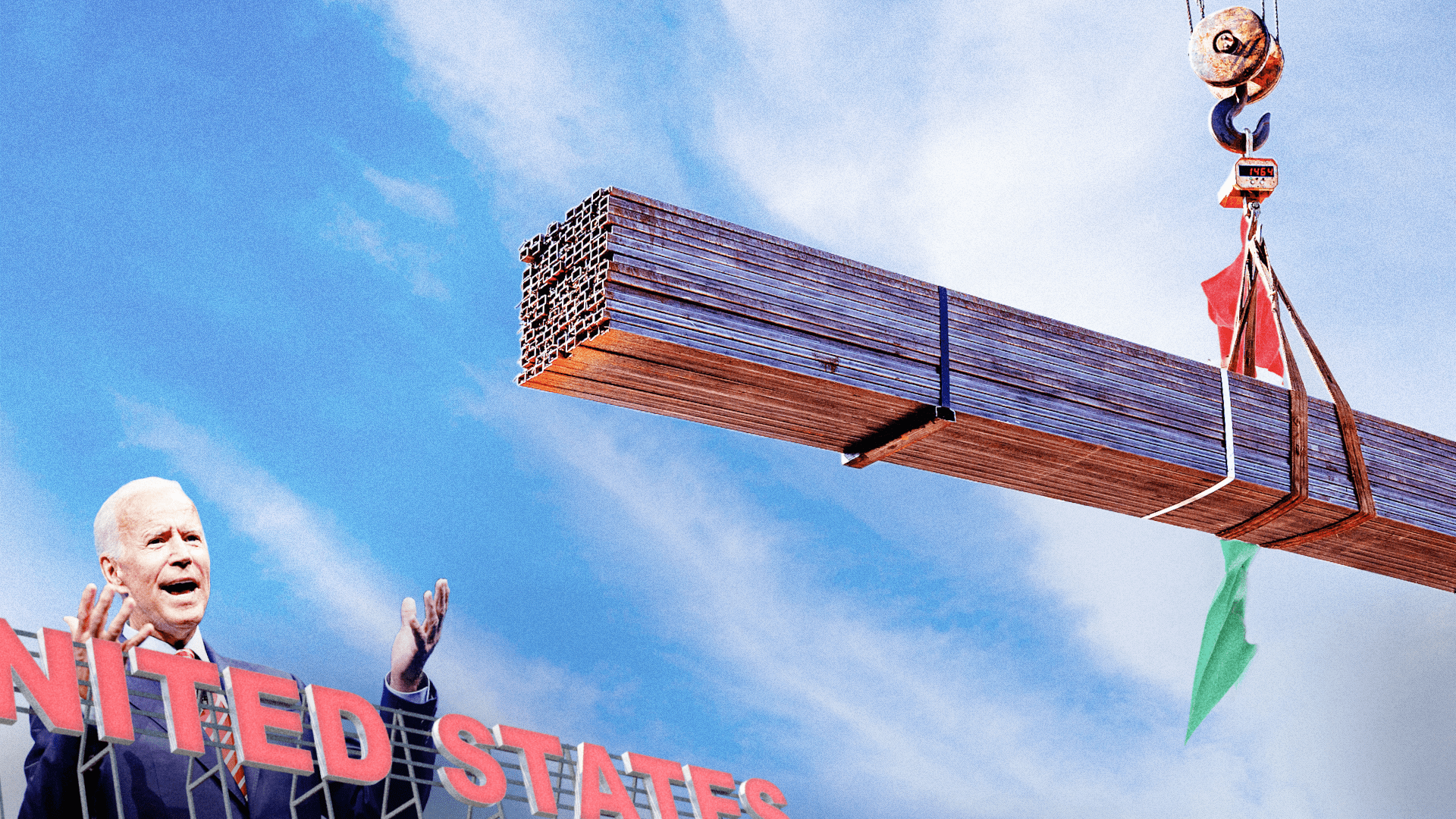By David Lynn, Ph.D.
President Trump is doing what no other president has ever done on trade—actually making progress as opposed to uttering empty rhetoric and finger-wagging.
Trump, through the unilateral use of tariffs and their impact on the Chinese economy, has brought the CCP to the negotiating table. The Chinese are now seriously worried about Trump’s determination to make tangible progress. This is the time to press and extend our advantage, not to retreat and play into the CCP’s hands through piecemeal and watered-down agreements.
It is essential to recognize two things: 1) the Chinese are highly skilled at making promises and signing agreements and 2) they are notoriously bad at keeping promises and agreements.
This is not just another trade deal with another country. China has been a bad actor and economic predator for decades and gotten away with just about everything with respect to America and the global economic system. It has consistently lied about and reneged on every agreement and “reform” it promised to implement. China has copied and stolen IP, especially from America, on a scale never seen in human history. They have used that IP to expand their economy and put innumerable American firms and entire industries out of business through sustained and growing mercantilism. Not tangentially, China has been an abuser of human rights across the board, including arbitrary detention, imprisonment, enforced disappearance and execution without trial. The government maintains tight control over the internet, mass media, and academia. China is also the world’s largest surveillance country, bringing into full reality the horror of Orwell’s 1984 dystopian nightmare through their “Social Credit System.”
China’s protracted and highly effective economic war has steadily weakened and hollowed out the American economy. Our economy is less vibrant, slower growing, and less diverse than it was 20 years ago, before China was allowed into the WTO. Moreover, most new jobs created over the last two decades are low pay, low hours and low incomes for the majority of Americans. In this context, America should be fighting this economic war and not let up on the recent and effective pressure President Trump has brought about. In fact, we have increasing leverage with China.
The ongoing US-China trade war has already taken its toll on the Chinese economy. The latest evidence is the decline in profits in China’s export-oriented manufacturing industry. In the first two months of 2019, Chinese industrial firms’ profits fell 14 per cent year on year, to 708 billion yuan (US$105 billion), according to the latest data from the National Bureau of Statistics. It is the sharpest contraction since 2009. The trade war has not only hurt the manufacturing industries of China, it is also expected to stunt investment, reduce job growth, weaken consumption, and destabilize financial markets. All of this runs counter to the government’s policy goal of ensuring the so-called “six stabilities” this year, in the areas of employment, finance, foreign trade, foreign investment, domestic investment and market expectations.
As Americans, the global optimists, we want to believe that countries are not in destructive (win-lose) competition or conflict. We want to do a “deal” and be friends. The media, Wall Street/stock market, Silicon Valley, and other special interests have been clamoring for the end of the “trade war” and a resumption of business as usual. However, the general interests of the country have never been more important. In this economic war, we must put the overall good of the economy and the American people above the special, and often highly conflicted, interests. Reducing tariff pressure on China reduces Beijing’s incentive to make future concessions as part of any Phase Two negotiation. As theUS presidential election nears, the pressure on Trump to keep the market up and avoid any crises will only increase. Beijing knows that — and it is calculating that the U.S. president will have little leverage if and when China does not hold up its end of the bargain.
The “Agreement Between the United States of America and the People’s Republic of China,” dated December 13, 2019 is a huge risk. It signals that we are willing to work in a piecemeal, fashion and negotiate over time in phases. This could play exactly into the hands of the Chinese who want to negotiate on smaller items, less important issues and extend negotiations over time to defuse focus and public opinion on China’s behavior. The language around technology transfer relies on China to “provide transparency, fairness, and due process in administrative proceedings and to have technology transfer and licensing take place on market terms.” There are no details in the document.
In the agreement China pledges to buy more from America—mainly farm goods and raw materials, serving to further relegate the US economy to a near vassal/colony status. China already desperately needs the farm goods, so they are giving up little if anything. China is in the middle of a food crisis sparked by swine flu. Prices for pork, the most important protein in China, have doubled. Fruit prices have also skyrocketed. China needs to turn abroad for pork, soy, and other food, but this temporary development hardly reflects fundamental change.
We have to realize and admit that we are in a long and ongoing economic war with China. We cannot do a deal with the enemy until we win this war. We must not only continue our defense in the form of higher tariffs, we must go on offence and do everything in our power to stop the massive trade imbalance, IP theft, industrial espionage, and the propaganda and influence machine actively at work around our country. We must also fight this war by reindustrializing our country and bringing back manufacturing from China and counter China’s aggressive global investment/influence buying program.
The US economy is strong. The doom and gloom prognosticators (much of the mainstream media and most free-market economists) who said the tariffs would cause an American recession and global economic catastrophe were spectacularly wrong.
The tariffs have actually helped to weaken China’s economy and expose a major weakness and make evident a fundamental truth: China needs the US much more than the US needs China. Under President Trump, we have not just turned the tide of the economic war with China in our favor, he is beginning to transform the world economic world order to something less discriminating and disadvantageous than it been to America over the last 40 years. We must not let down our guard. We must be vigilant and ready to take action at the first sign of China not living up to this agreement. And the next agreement must go further in changing China’s discriminatory behavior.
(*) David Lynn, Ph.D. is the author of six investment books and over 70 articles. He is a real estate private equity entrepreneur, 20 year veteran of doing business in China, and a member of the CPA Advisory Board.



